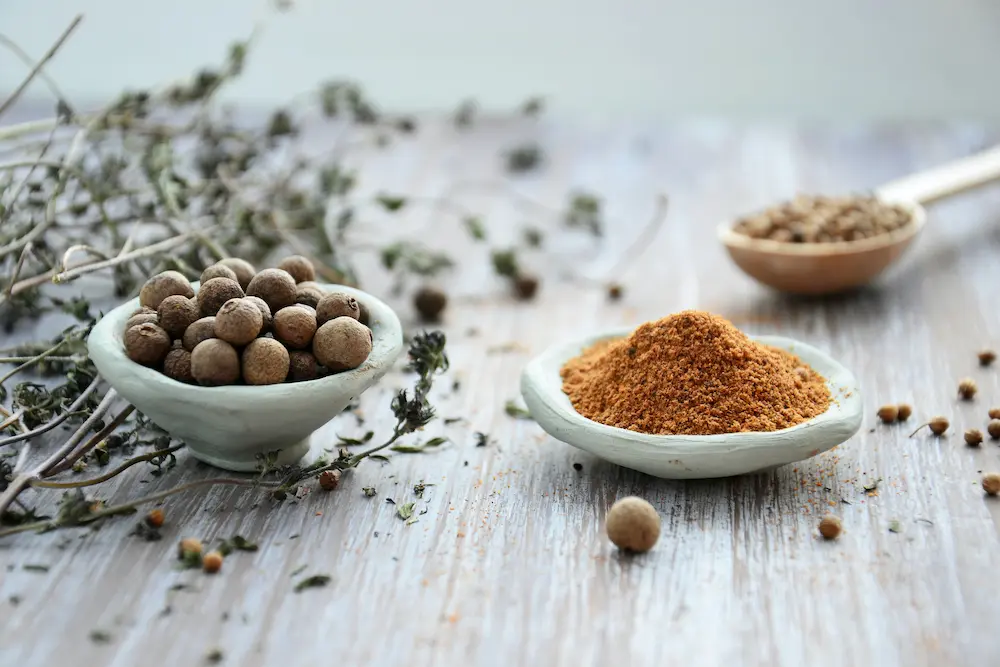Almond milk has gained significant popularity in recent years due to its numerous health benefits and delicious taste. While store-bought almond milk is readily available, making it yourself allows you to customize the flavor, control the ingredients, and reduce packaging waste.
In this blog, we take you through the step-by-step process of how to make your own almond milk. We’ll also address frequently asked questions to ensure you have all the information you need to start creating your very own batch of creamy, dairy-free milk.
Why make your own almond milk?
Almond milk is a popular dairy alternative that offers several health benefits. It is naturally lactose-free, making it suitable for those with lactose intolerance or a dairy allergy. Almond milk is also low in calories, contains no cholesterol, and is a good source of vitamins and minerals, including vitamin E and calcium.
When you make your own almond milk, you can avoid preservatives and make sure you’re only adding the ingredients you want.
Equipment and ingredients needed
- Raw almonds
- Water
- Blender or food processor
- Nut milk bag or cheesecloth
- Optional: Sweeteners and flavorings like dates, vanilla extract, or honey
Soaking and preparing almonds
Soaking the almonds overnight is essential as it softens them, making them easier to blend and improving the texture of the milk. After soaking, drain and rinse the almonds, then remove their skins if desired. Removing the skins is optional but can result in a smoother milk.
Blending and straining
Place the soaked almonds in a blender or food processor and add fresh water in a 1:3 ratio of almonds to water. Blend on high speed until smooth and creamy. To remove any remaining solids, strain the mixture using a nut milk bag or cheesecloth, squeezing out as much liquid as possible
Sweetening and flavoring
While homemade almond milk has a naturally mild and nutty flavor, you can add sweeteners and flavorings to enhance its taste. Popular options include dates, vanilla extract, honey, or maple syrup. Adjust the sweetness and flavor according to your preference.
Storage and shelf life
Homemade almond milk should be stored in a sealed container in the refrigerator and consumed within 3-4 days. It is natural for some separation to occur, so be sure to shake well before each use.
Frequently asked questions


Can I use raw or roasted almonds instead?
Raw almonds are the preferred choice for making nut milk. Roasted almonds can alter the flavor and may not blend as smoothly.
Is homemade almond milk cost-effective?
Making nut milk at home is generally more cost-effective than purchasing it from the store. You can buy almonds in bulk and customize your milk without any additives or preservatives.
Can I use almond meal or almond flour instead?
While almond meal or flour is made from ground almonds, they have a different texture and may not produce the same creamy results. It is best to use whole raw almonds to make your own almond milk.
How long does homemade almond milk last?
Homemade almond milk typically lasts 3-4 days when stored properly in the refrigerator.
Can I use the leftover almond pulp?
Yes! The leftover almond pulp can be used in various recipes like baked goods, granola, or as a topping for oatmeal and yogurt. There are plenty of creative ways to repurpose it.
Tips for making your own almond milk
- If you prefer a creamier milk, increase the ratio of almonds to water. For a lighter consistency, add more water.
- Apart from the suggested sweeteners and flavorings, feel free to get creative. You can add cocoa powder, cinnamon, or even matcha for unique flavor profiles.
- As mentioned earlier, the almond pulp can be used in various recipes, reducing waste and maximizing the value of your homemade nut milk.
- If you don’t have a nut milk bag or cheesecloth, you can use a fine-mesh sieve or even a clean kitchen towel for straining. Just make sure to press out as much liquid as possible.
- As you explore different flavor combinations and techniques, it’s best to start with small batches. This way, you can adjust and fine-tune the process to your liking.






Leave a Reply